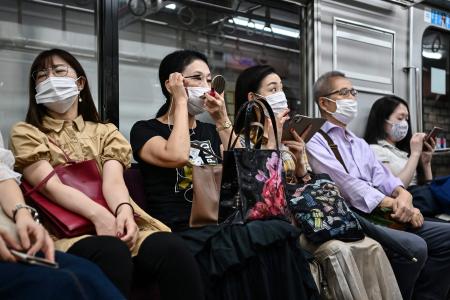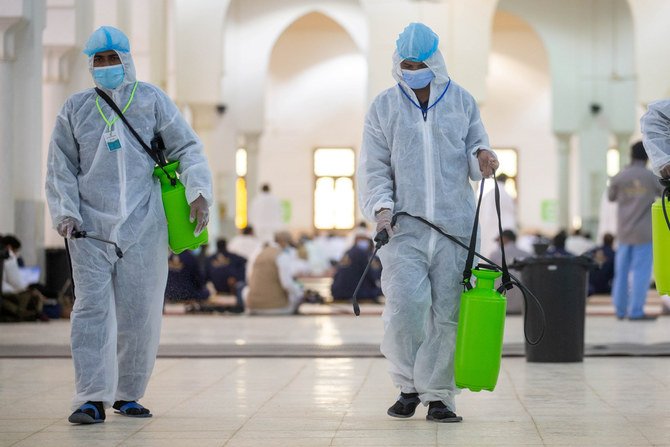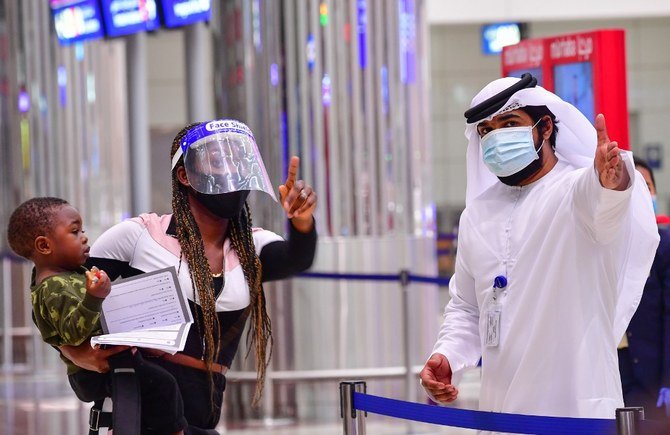





Clareto Monsorate, Dubai
When a Japanese man from Kanagawa prefecture in greater Tokyo area had a fever on January 3, 2020, in Wuhan (China), where he was on a visit, he got worried and decided to return home. Three days later he landed in Japan and sought medical care. On January 10, the man, in his 30s, was hospitalized, and his samples were analyzed at the National Institute of Infectious Diseases in Japan. He was the first Japanese to be infected with the novel coronavirus (2019-nCoV).
Since then, according to the World Health Organization (WHO), confirmed cases of Covid-19 in Japan have shot up to 93,127 as of October 19.
It has claimed 1,674 lives, but Japan has been battling the crisis remarkably well. Dr Tedros Adhanom Ghebreyesus, Director-General at WHO, said Japan’s efforts in tackling the new coronavirus was a “success.” He praised Japan for stemming the epidemic and for keeping the deaths from Covid-19 to a relatively low level.
In a bid to boost its domestic economy, Japan has been reopening its borders after the earlier entry ban on foreigners imposed to prevent the spread of Covid-19. The government also announced recently that it will be easing coronavirus entry restrictions to all foreign citizens, initially to business travelers, and also those traveling to Japan with permits for medical, cultural and sports-related activities for three months or longer.
In the Middle East, the first confirmed case was announced in the UAE on January 29, when a 73-year-old Chinese woman from Wuhan, who had come on a holiday along with her family of four, was found infected.
However, the UAE and Saudi Arabia, have been active in tackling the Covid-19 crisis and have seen a remarkable turnaround of late.
In fact, last month Forbes magazine ranked the UAE 9th and Saudi Arabia 13th among the 100 safest countries in the world in terms of Covid-19.
Saudi Arabia’s handling of the pandemic from the beginning was impressive, said the report. For instance, the first case related to a man who traveled from Iran and Bahrain over the King Fahd Causeway on March 2 was immediately quarantined and even those with whom he had interactions were tested.
As early as January 28, Saudi Arabia had launched a public information campaign and held the first meeting of the Covid-19 follow-up committee, banned travel to China and suspended Umrah for overseas pilgrims, later extending it to Saudi nationals and expatriates.
All these actions were initiated by the government at a time when many countries were debating about the outbreak and wondering whether there was need to quarantine. The Saudi leadership demonstrated its firmness and took decisive measures to control the spread of the disease.
The same can be said about the UAE. Both countries have left no stone unturned to curb the virus. Travel restrictions too have been eased so that tourists can flock to these destinations.
Starting October 22, hotels and other venues in Dubai will be allowed to host wedding receptions and other social events, it was announced recently.
Oman and other GCC countries too have played their part in keeping the numbers down when compared to the US and other European countries.